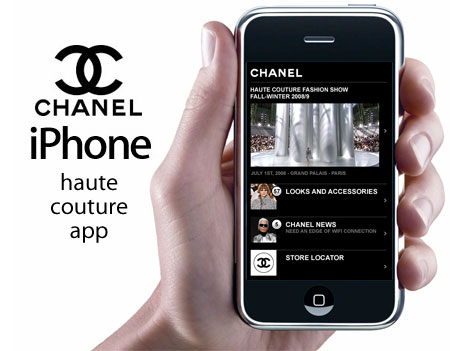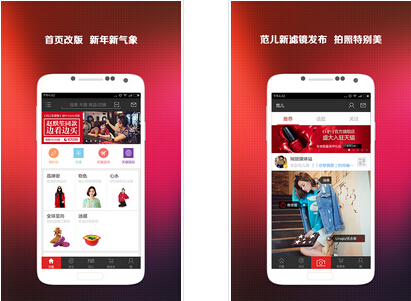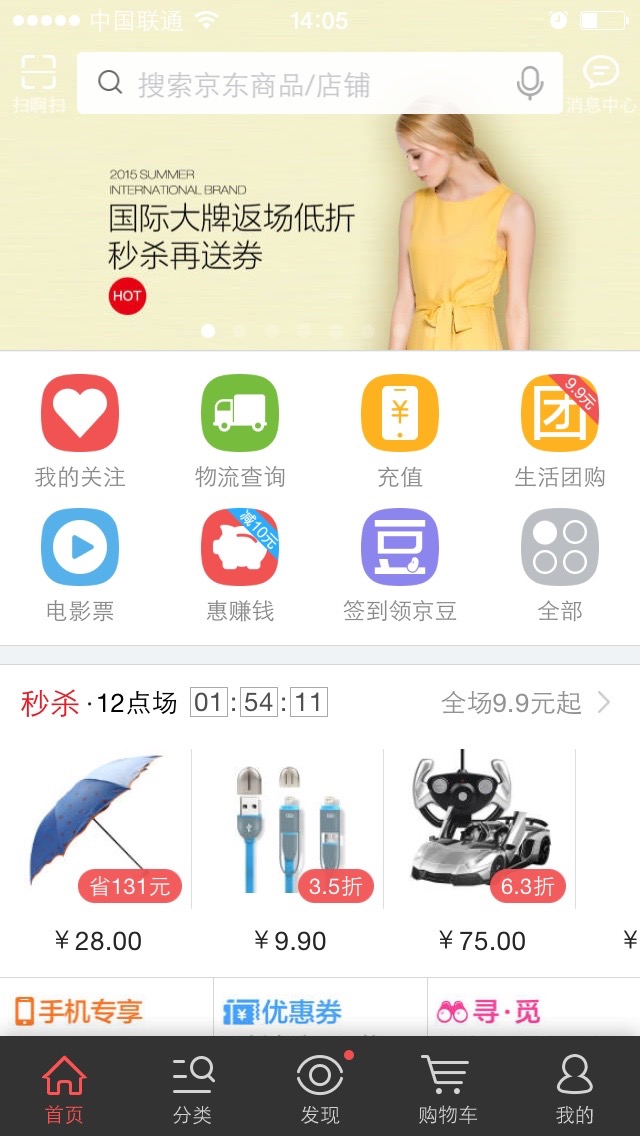Mobile phone (e)commerce in China increased by 168%.
A growing rise
Chinese people are well known to spend a lot of time on their smartphone and this is not only to play games or chat with a friend. Indeed, they also order a lot through their device.
These last years, purchases via smartphones increased by 168%. These ones increase so much in scale that they are going to surpass the ones made via PC. And if this rise keeps growing, mobile purchases will be more important than PC ones.
Need a cost effective TP (Tmall Partner) to sell in China?
We are an Official Tmall Partner e-commerce Agency. Our Services: E-Commerce, Search Engine Optimization, Advertising, Weibo, WeChat, WeChat Store & PR.
According to iResearch, there has been an impressive rise of 168.3% at the beginning of this year reaching than a total value of 362.34 billion RMB (around the US $58.4 billion). This rise was even more significant by the end of the year 2014 with a growth of 218.3%.
This rise is such that it also helps mobile commercial platforms to become dominant platforms regarding China purchases.
An impact on luxury brands
This growth is starting to get luxury brands to react while they are realizing how important it is to get an online shopping website also developed for mobile phones, or even to get its own shopping mobile app. Luxury brands have to put their mobile project into action if it is not done yet. Chanel and Fendi decided to go for it before the end of this year.
This new online shopping trend also gets luxury brands to react regarding the creation of their online shopping store on the Chinese famous instant messaging application WeChat, in addition to their own online shopping application.
For example, the Chinese clothing sales website ShangPin unveiled its application in 2013 and has seen 40% of its sales done via this new app, its WeChat application, and its mobile website. Other brands follow the step : Yoox, an online Italian clothing retailer enterprise launched this year its own mobile app after its development on WeChat.
But some of these applications do not only provide interesting content and a social experience. Indeed, it also provides features to consumers in order to win even more their loyalty such as the image discovery tool Pinterest feature.
A partnership wish ?
Nevertheless, most of these mobile purchases are done on the Chinese ecommerce leaders’ application, Tmall and JD.com. At the beginning of 2015, on PC just like on mobile, Alibaba already possessed 84.5% of market shares. Regarding JD.com, its market shares on mobile reached 5.2%.
That is the reason why luxury brands are also starting to slowly engage themselves into partnerships with these leaders, although luxury brands are afraid to affiliate with these retailers. Indeed, they fear to lose their luxury brand image in favor of discount brand image.
But there are exemptions. For example, Burberry and Calvin Klein decided to affiliate with Tmall, just like Sephora with JD.com.
Next to the risk of losing its luxury brand image, signing a partnership contract with these ecommerce leaders in China also brings benefits such as a more substantial market, to be able to fight against grey market (Chinese tourists during their trips will buy products to resell them back in China), to get a stronger logistics network, and also an ecommerce access on WeChat. This will also give benefits to consumers such as the opportunity to read other consumers’ reviews about products.
If in Europe, consumers prefer ordering via their PC, in China ecommerce , it’s the opposite. Chinese spend a lot of time on their smartphones. Recently, sales via mobile phone exploded with a rise exceeding 150%. That is why luxury brands and also the cheapest brands have to be aware of the magnitude of this phenomenon in order to adapt their marketing strategy consequently. Indeed, they need to set their market on mobile phones if they want to gain in sales revenue and in clients.
To know more about mobile ecommerce in China, click here and here.















One Comment